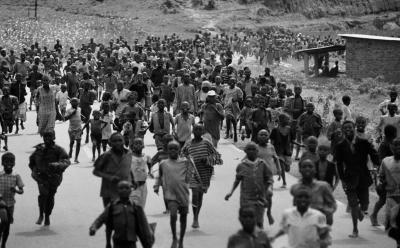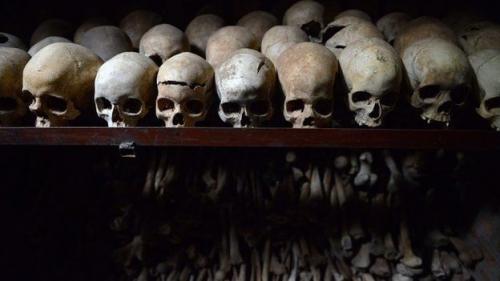Rwanda anniversary underlines perils of violence

ROME - On the 21st anniversary of the Rwandan genocide, the Community of Sant’Egidio advises us to learn from the past and warns not to forget.
The Rwandan genocide was period which saw the massacre of two ethnic groups inhabiting the African Great Lakes region: the Tutsi and, to a lesser extent, the Hutu. The slaughter took place during the Rwandan Civil War and lasted approximately 100 days from April 7, 1994, during which time an estimated 800,000 innocent Rwandans were killed by extremist members of the Hutu majority.
As an organisation which promotes inter-religious and inter-cultural understanding, the Community of Sant’Egidio (Saint Giles, in English) believes that the memory of those killed should warn us of the danger of racial hostility and discrimination. In relation to this, the movement has emphasised the importance of education, stressing that, by teaching younger generations about the importance of mutual respect and the values of equality, we can prevent the occurrence of such horrific events in the future.
Members of the Community hope to spread the following message: “At the beginning of the 21st Century, in a world permeated with so many blood-filled conflicts and wars which target innocent civilians in an ever-increasing number simply because they belong to an ethnicity, to a group, to a religious faith, the memory of these events should help to recall what violence can lead to and should serve as a reminder not to repeat that which has happened in the past.”



